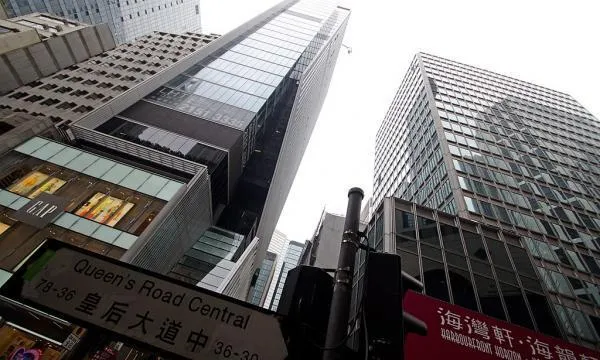
Hong Kong office market trends to shift from decentralisation to recentralisation
Chinese firms are expected to continue to take up Central office space post-COVID.
In the past 24 months, most companies have implemented strong cost-saving initiatives. Some have taken the COVID situation as an opportunity to revisit their real estate strategy over the long term. Decentralisation and downsizing have been the two key options for companies to reduce rental expenses, while others have moved to co-working space to increase flexibility and reduce risk.
According to Knight Frank, Grade-A office rents in Central have been dropping since March 2019. The downward trend was exacerbated by COVID-19 since the beginning of 2020, leading to a cumulative drop of 29.8% as at the end of Q1 2021.
Here’s more from Knight Frank:
From a purely technical perspective, previous experience over the past 15 years has shown that whenever there is a sharp fall in Grade-A office rents in Central, it takes 18 to 20 months to return to the previous peak. In the era of the post-global financial crisis (post-GFC), premium office rents in Central tumbled 51% within nine months between October 2008 and July 2009. It required twice as long for the market to make up 80% of the drop in rents before another downward adjustment wave.
Since the current trough in the Central office market was not started by a financial crisis, it could have a shorter recovery period. If the market is set to bottom out in the second half of 2021, the downward adjustment in rents will have lasted for 24 to 26 months, so it could technically take 18 to 24 months to return to the previous peak, which would be sometime in 2023.
As there has been so much talk about “decentralisation” for two years, it is worth exploring the possibility and timeline for “recentralisation” since office rents in Central are almost on par with those in the post-GFC level. While some MNC tenants are adopting a lean organisational structure, others, especially in the professional services sector in other districts, are looking into adding value in their workplaces. On the other hand, Chinese mainland companies have been actively absorbing space surrendered by MNCs even under the COVID situation. One example of this is the office space in IFC given up by Nomura being taken up by the Bank of Dongguan.
With the Chinese mainland economy set to significantly rebound in 2021, since the COVID situation is under control, Chinese mainland companies are expected to continue to take up Central office space and potentially kick off a recentralisation trend.



















 Advertise
Advertise



